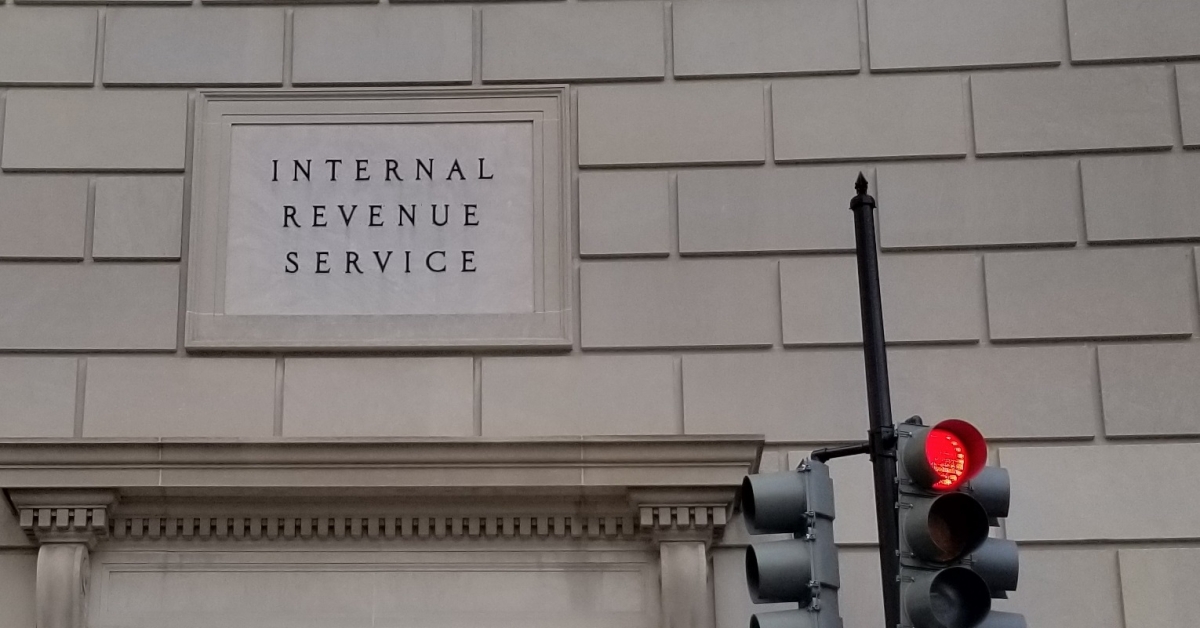What Are Crypto OTC Desks And How Do They Work?
Crypto OTC desks play an important role in facilitating large cryptocurrency purchases and sales.
Read on to learn what crypto OTC desks are, how they work, and why they play an essential role in the global crypto markets.
This is partner content sourced from Laura Shin’s Unchained and published by CoinDesk.
Over-the-counter (OTC) trading desks facilitate trading between two parties without revealing information about the trade to the public via an exchange orderbook or otherwise.
The OTC desk acts as a matchmaker enabling high-volume transactions between buyers and sellers. During an OTC trade, the two parties agree on a purchase price before they can complete the transaction. The trades can be crypto-to-crypto or fiat-to-crypto.
OTC desks differ from traditional exchanges in terms of transaction transparency. A crypto exchange like Kraken or Binance acts as an intermediary between buyers and sellers. Transactions are executed via an orderbook for everyone to see.
Conversely, crypto OTC trading is relatively opaque since no one beyond the transacting parties is aware of the price and volume of assets being traded. Moreover, OTC trades are typically insulated from wider market fluctuations that occur on exchanges.
How Do Cryptocurrency OTC Desks Work?
There are two types of OTC desks: principal and agency.
Principal desks assume the risk to the buyer by using their funds to purchase whatever asset the buyer requires. For instance, a bitcoin whale looking to make a large bitcoin purchase will request a quote from the OTC desk, and they will respond with a price based on prevailing market conditions.
The buyer can choose to accept the offer or make a reasonable counter. Should the buyer accept the proposed price, the OTC desk is responsible for sourcing and delivering the BTC to the buyer as per the legal contract signed beforehand.
Agency desks, on the other hand, don’t assume the market risk since they don’t put up their own money for transactions. Instead, they act as an intermediary to broker a deal on behalf of the buyer. They will charge a brokerage fee for this service.
Why Are OTC Desks Important in Crypto?
Crypto OTC desks exist to enable large investors, such as early adopters, high-net-worth individuals, and institutional investors, to buy and sell large amounts of cryptocurrencies without alerting the market about their intention or transaction.
If you try to buy 1,000 BTC on a regular crypto exchange, you will run into several problems. A key challenge is that the chances of finding someone selling that amount at any given time on a single exchange are slim.
You will have to opt to spread the purchases across several sellers. The problem that arises is you may end up making some of the purchases at a significantly higher price. Of course, you may be able to avoid this altogether and spread the purchase across several exchanges, but this will be time-consuming and costly. Moreover, you will show the entire market that you are a large buyer or seller, which will most likely lead to a worse execution price.
Crypto OTC desks remove the uncertainty and risk for investors looking to buy or sell large volumes of crypto.
Pros and Cons of Using OTC Desks in Crypto
Here are some of the benefits and challenges of using crypto OTC desks.
Pros
-
Transactional privacy – Crypto OTC trading allows you to buy directly from the seller and vice versa through an OTC broker, preventing the broader market from knowing that you are about to make a large transaction that could move the price of the cryptocurrency you are trading.
-
Mitigate price volatility – Purchasing large amounts of crypto from a regular exchange may take time for the transaction to be processed and exposes a trader to slippage. Slippage is where the asset price moves away from the intended purchase price due to market fluctuations. OTC trades enable the private purchase of assets at a stipulated price.
-
Price Negotiation – Trading on a regular crypto exchange leaves no room for negotiation, but a trader can make an order, reject an offer, or counter an OTC desk.
Cons
-
Counterparty default risk – Trading with an over-the-counter trading desk opens you up to counterparty risk as you are only dealing with one counterparty that could renege on a trade or collapse before your transaction is completed.
The Bottom Line
Large crypto investors looking to buy and sell substantial volumes of cryptocurrency prefer the crypto OTC market over trading on crypto exchanges. Most whales keep their transactions off exchange order books to avoid the market moving against them when they want to transact.









